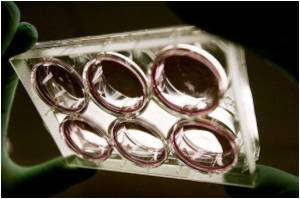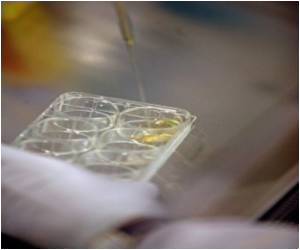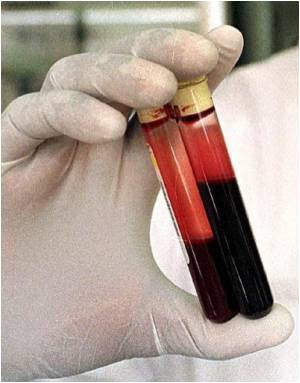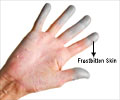Scleroderma, which means 'hardskin' is an autoimmune disease affecting multiple organs and which predominantly affects women.
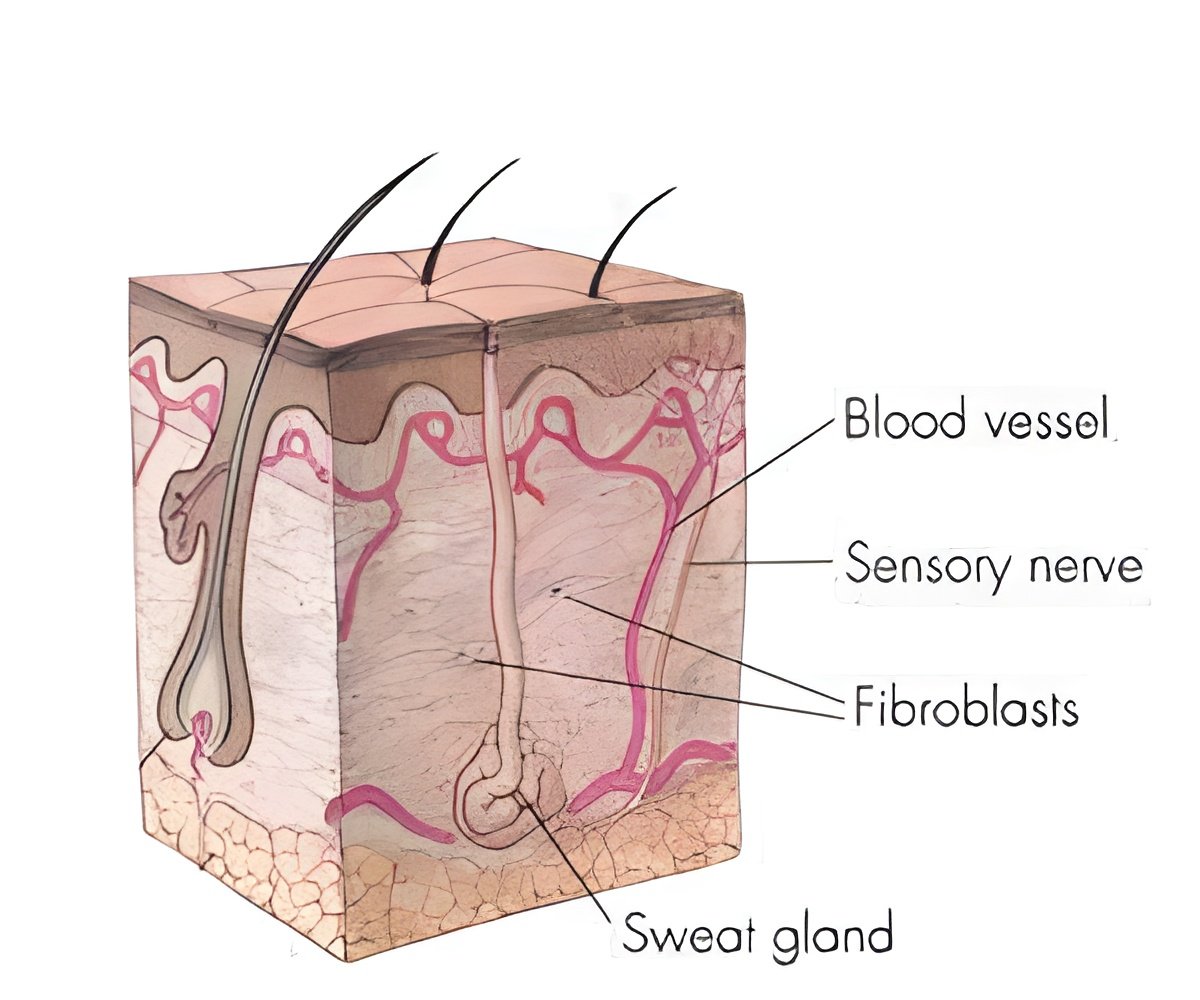
‘Scleroderma increased in women after the menopause as estrogens that were found to significantly slow down fibrosis, the thickening of the skin decreased in menopause.’





The excessive production of proteins such as collagen by fibroblasts in the body results in the thickening and hardening of the skin, particularly of the hands and face -- a defining feature of SSc. "Inhibiting this oestrogen showed a consistent and significant deterioration of the process of skin fibrosis," said Jerome Avouac from Paris Descartes University in France.
In some SSc patients, disease progression is very rapid, with skin thickening extending beyond the extremities.
The widespread fibrosis (thickening) involving the internal organs can prove a survival risk in such patients and can also be considered as a valuable marker of the overall disease severity.
For the study, the effect of oestrogen inhibition was evaluated in mouse models of skin fibrosis using two techniques.
Advertisement
"Having confirmed that estrogens indeed play a role in protecting against skin fibrosis in experimental models representative of SSc, the next step will be to begin investigating the potential role of hormone therapies as a treatment of SSc skin disease," Avouac noted.
Advertisement
Source-IANS


